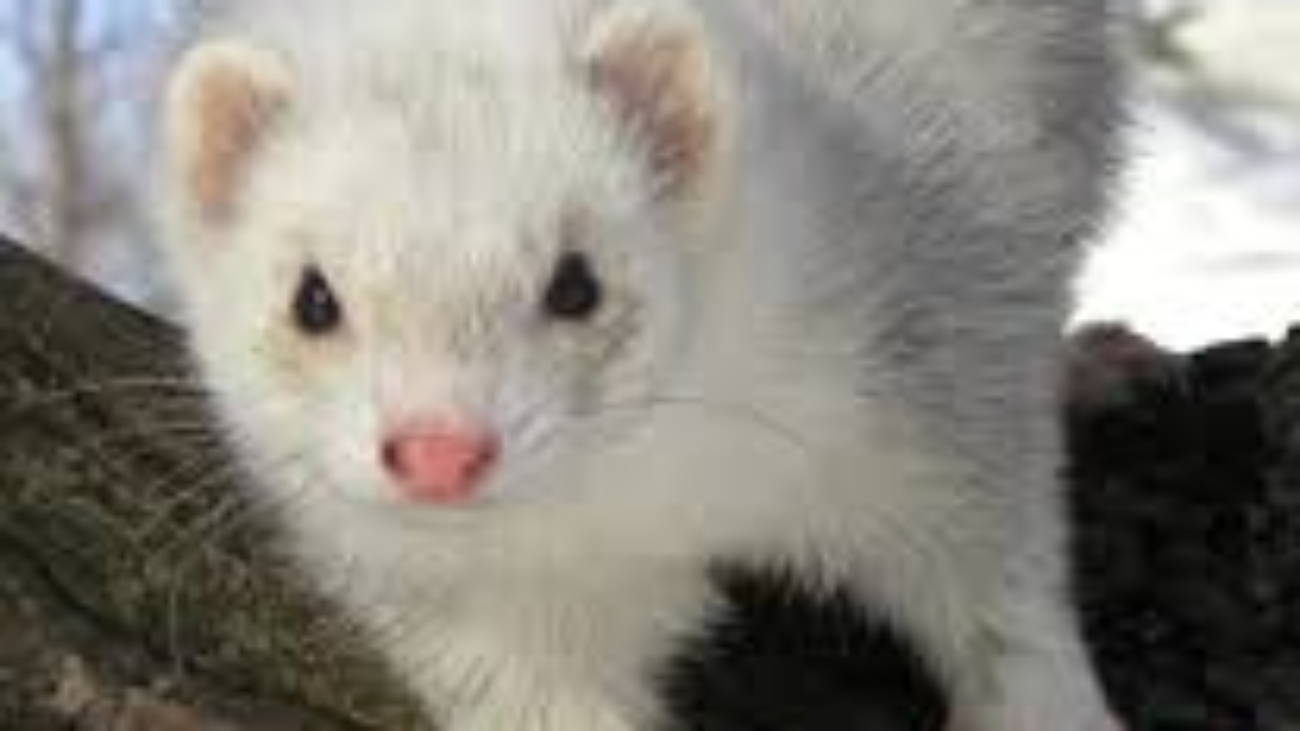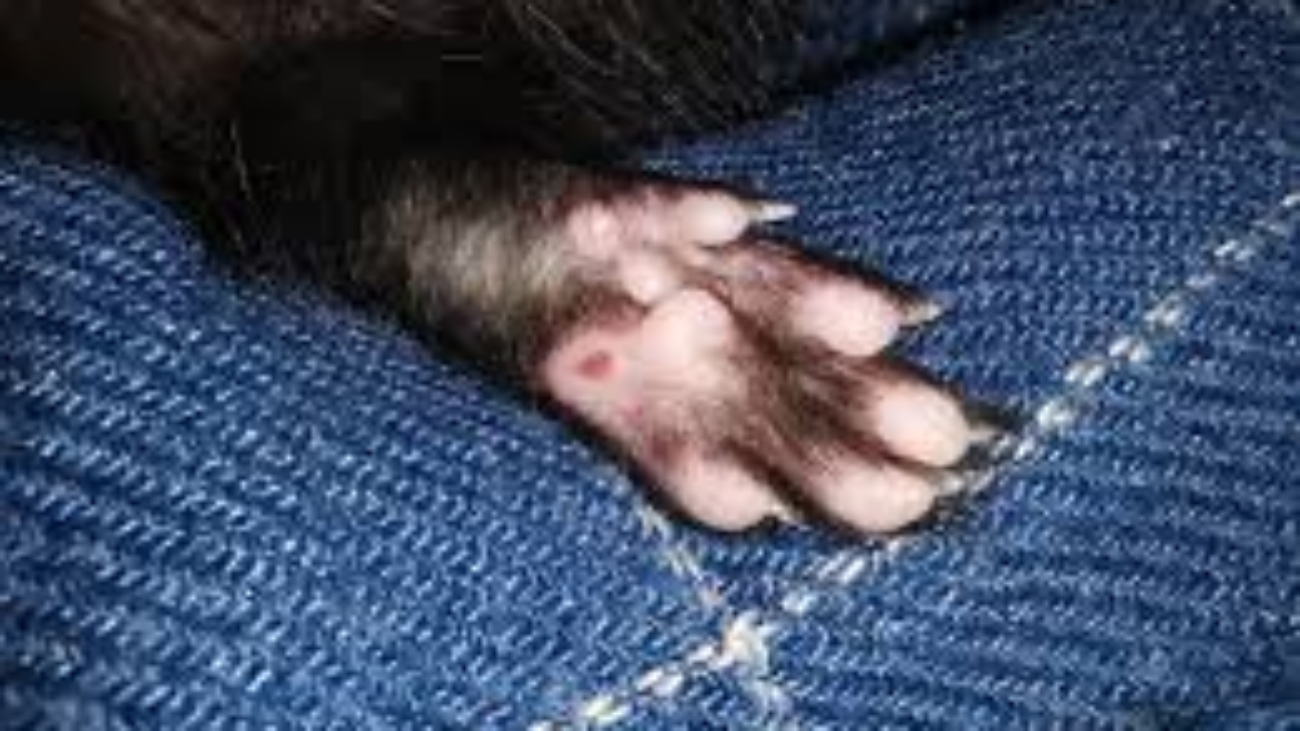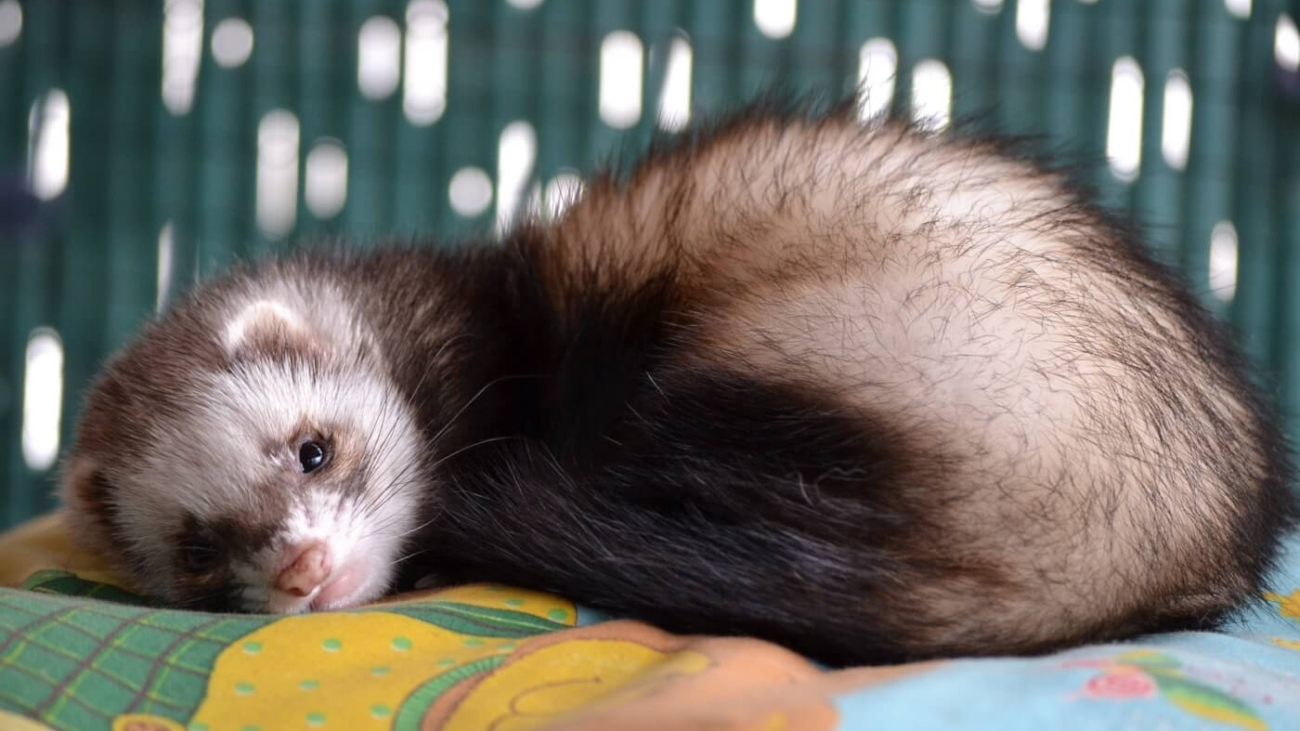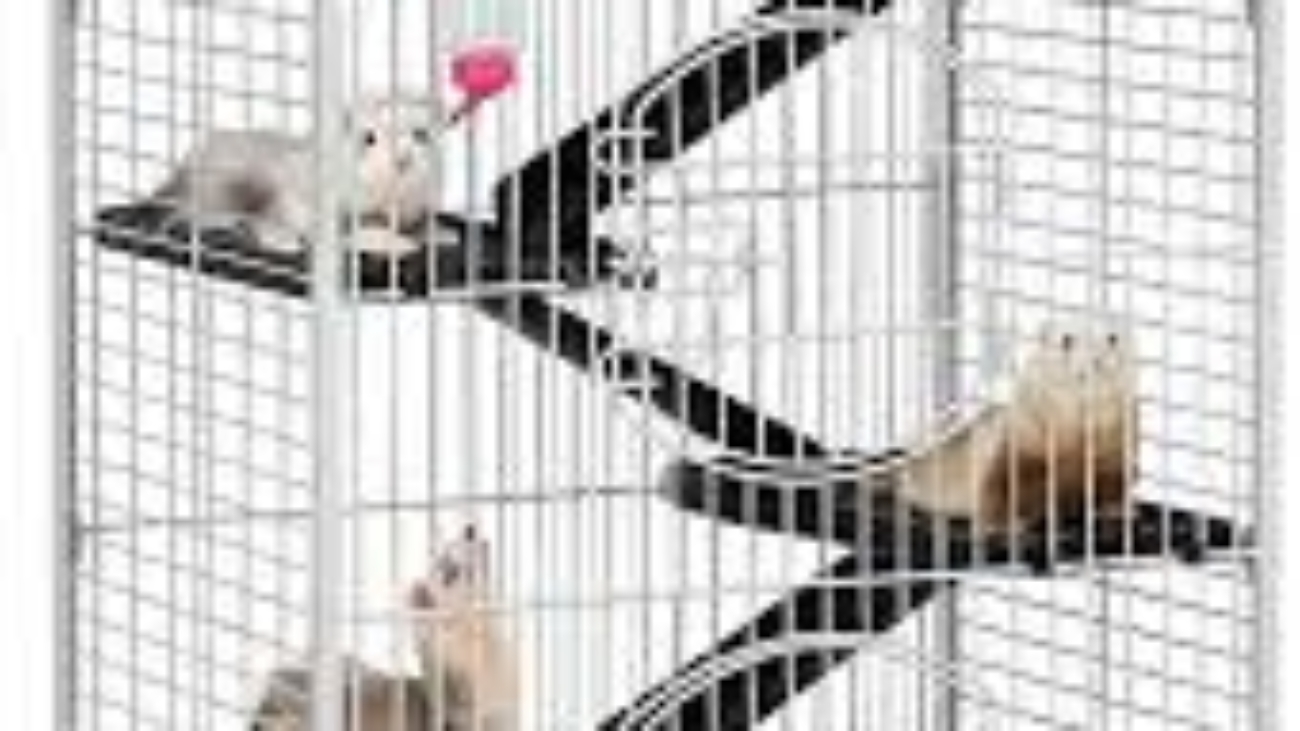Albino ferrets, are fascinating creatures that captivate the hearts of many with their unique appearance and playful nature. In this article, we delve into the world of albino ferrets, exploring their characteristics, care needs, and important considerations for those thinking of welcoming these adorable companions into their lives.
What are Albino Ferrets?
Albino ferrets are a variation of the domestic ferret (Mustela putorius furo) that exhibit a lack of pigmentation in their fur, eyes, and skin. This absence of pigment gives them a striking appearance, with pure white fur and pink eyes, noses, and paw pads. Unlike some other animals, albino ferrets do not have a complete lack of melanin but rather produce very little, leading to their characteristic coloring.
Characteristics of Albino Ferrets
- Appearance: The most notable feature of albino ferrets is their white fur and pinkish eyes. They often have a delicate and charming appearance, which adds to their appeal as pets.
- Behavior: Albino ferrets typically exhibit the same playful and curious behavior as their colored counterparts. They are known for their high energy levels and love for exploration and interaction.
- Health Considerations: Albino ferrets may be more sensitive to sunlight due to their lack of pigmentation, requiring protection from direct sunlight to prevent sunburn and skin damage.
Care Tips for Albino Ferrets
- Housing: Provide a spacious and stimulating environment for your albino ferret, including plenty of toys, tunnels, and climbing structures. Ensure their enclosure is escape-proof as ferrets are adept at finding ways to explore outside their designated areas.
- Diet: Feed your albino ferret a balanced diet consisting of high-quality ferret food, supplemented with occasional treats like cooked eggs or small amounts of fruits and vegetables. Fresh water should always be available.
- Grooming: Regular grooming is essential for albino ferrets to keep their coat healthy and reduce shedding. Use a soft brush designed for ferrets to gently remove loose fur and prevent matting.
- Healthcare: Schedule regular check-ups with a veterinarian experienced in ferret care to monitor your albino ferret’s health, vaccinations, and dental hygiene. Discuss specific considerations for albino ferrets, such as sun protection and potential eye issues.
Considerations for Albino Ferret Owners
- Sun Protection: Due to their sensitivity to sunlight, albino ferrets should be kept indoors during peak sun hours. If they need outdoor time, use pet-safe sunscreen or provide shaded areas.
- Socialization: Albino ferrets are social animals and thrive on interaction with humans and other ferrets. Ensure they have regular playtime and companionship to prevent boredom and loneliness.
- Training: Ferrets, including albino ones, can be trained to use a litter box and respond to basic commands. Consistent training and positive reinforcement can help shape their behavior.
- Legal Considerations: Before getting an albino ferret or any pet, familiarize yourself with local regulations, licensing requirements, and restrictions related to ferret ownership.
In conclusion, albino ferrets are delightful pets with their unique appearance and playful personalities. With proper care, attention to their specific needs, and a loving environment, albino ferrets can bring joy and companionship to their human companions for many years to come.










